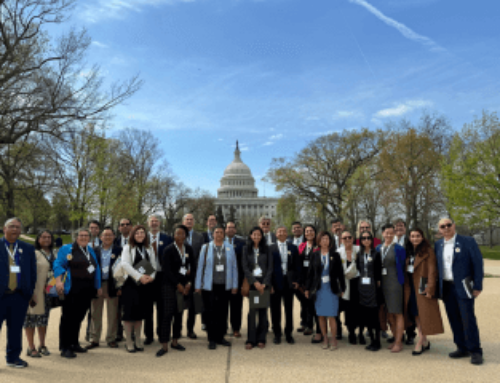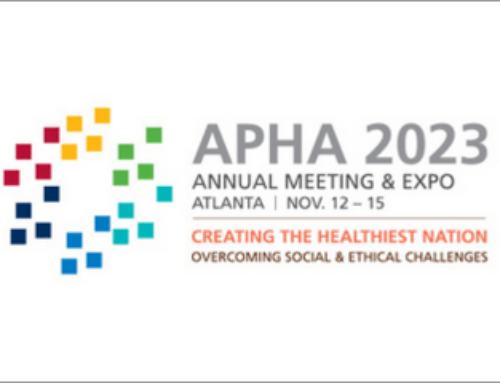In early October the New Jersey Transit issued a policy change addressing engineers who suffer from sleep apnea, the Associated Press reported on Nov. 21. The changes were revealed in light of the deadly train crash that occurred at the Hoboken, New Jersey, terminal on Sept. 29, killing a woman and injuring more than 100 people. The engineer in the crash was later found to have obstructive sleep apnea. The policy change was disclosed as the Federal Railroad Administration prepares a safety advisory that will urge all railroads to screen for sleep apnea.
An FRA statement released Nov. 16 announced:
“FRA has long believed it is important for railroads to address worker fatigue more aggressively, and to implement a program that puts cameras in locomotives. While FRA has regulations in the works to address both of these challenges, railroads should not, and do not, need to wait to take action. In the coming days, FRA will issue a safety advisory to once again push railroads to address worker fatigue, and to accelerate their installation of inward- and outward-facing cameras.”
According to the AP, the revised New Jersey Transit policy will require engineers suffering from sleep apnea to have the disorder under control before they will be allowed to operate trains for the New Jersey commuter railroad. The previous policy allowed engineers with sleep apnea to keep working as long as they were being treated.
NJ Transit Pascack Valley Line train #1614 crashed at the New Jersey Transit Hoboken Terminal Sept. 29, 2016, causing the damage shown in this photo. Taken on Oct. 1, 2016. (NTSB)









